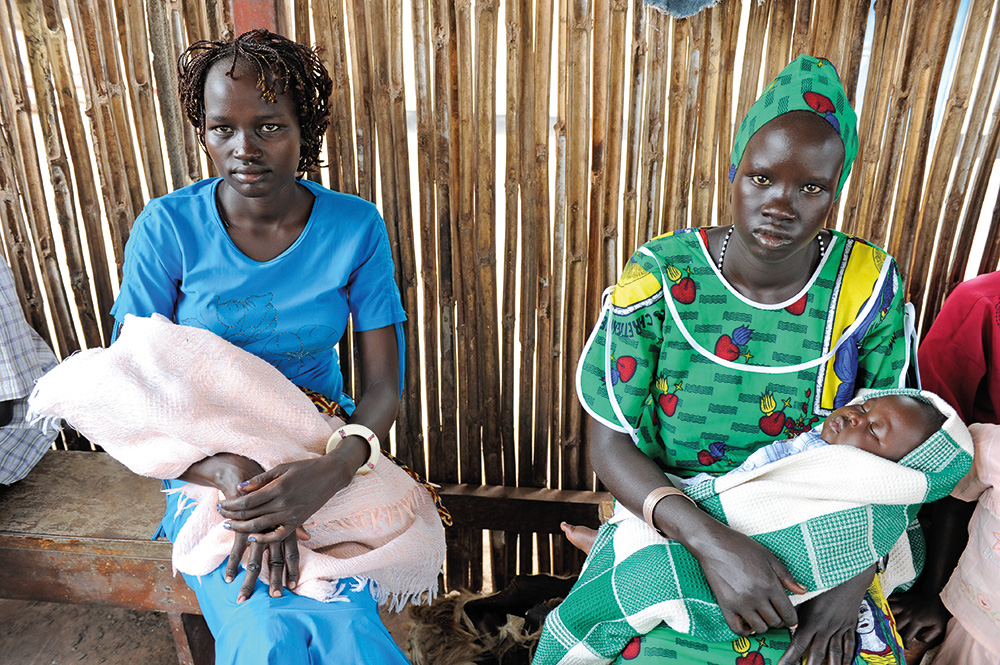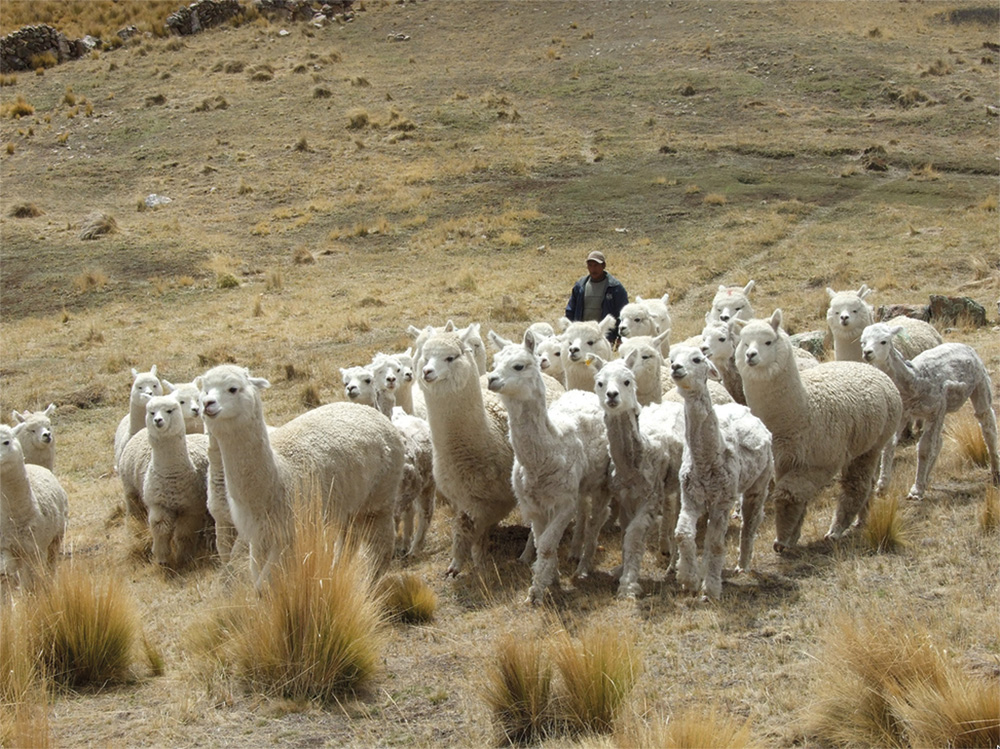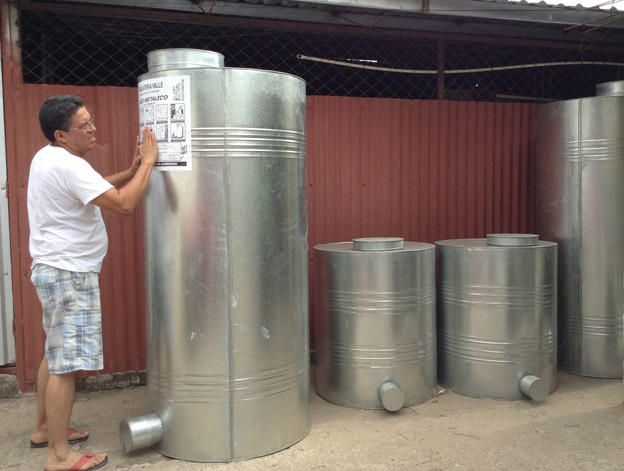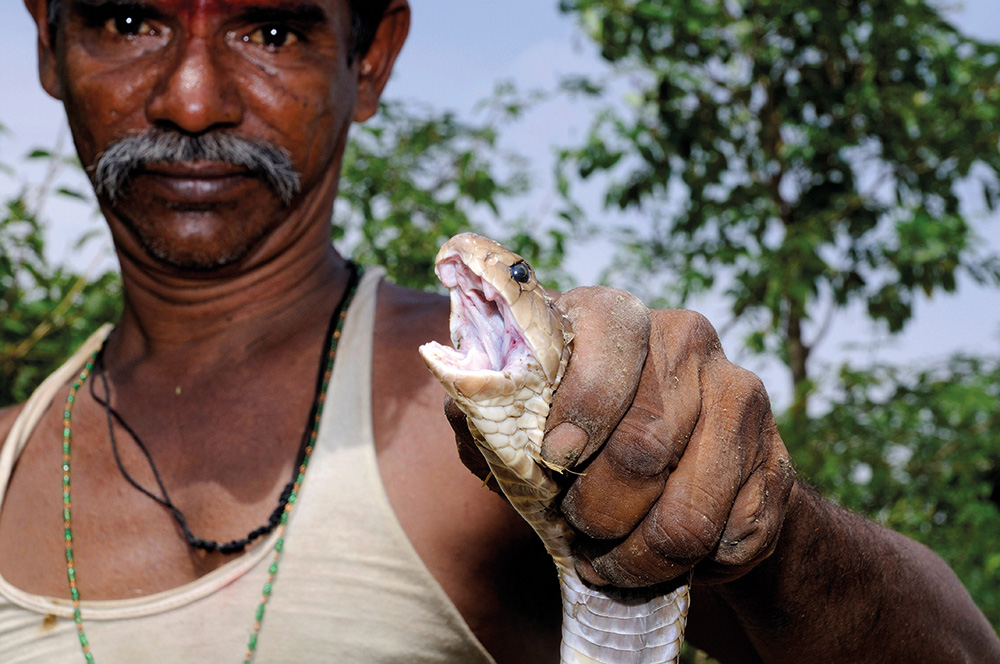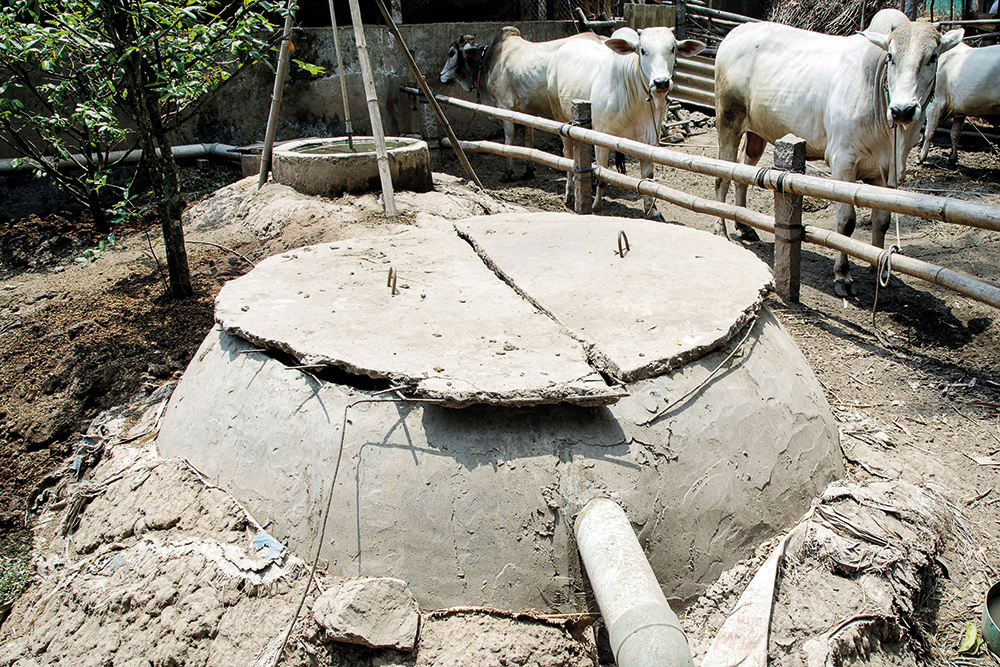Oil, Macroeconomics, and Forests : Assessing the Linkages
This article focuses mainly on the five
primary case study countries. For forest impacts, the
concentration is on forest conversion to other land uses and
deforestation, defined as a (temporary or permanent) removal
of trees to less than 10 percent crown cover, which is
similar to the Food and Agricultural Organization's
(FAO's) definition. Selective logging is thus not
deforestation but may degrade forests and enable conversion.



